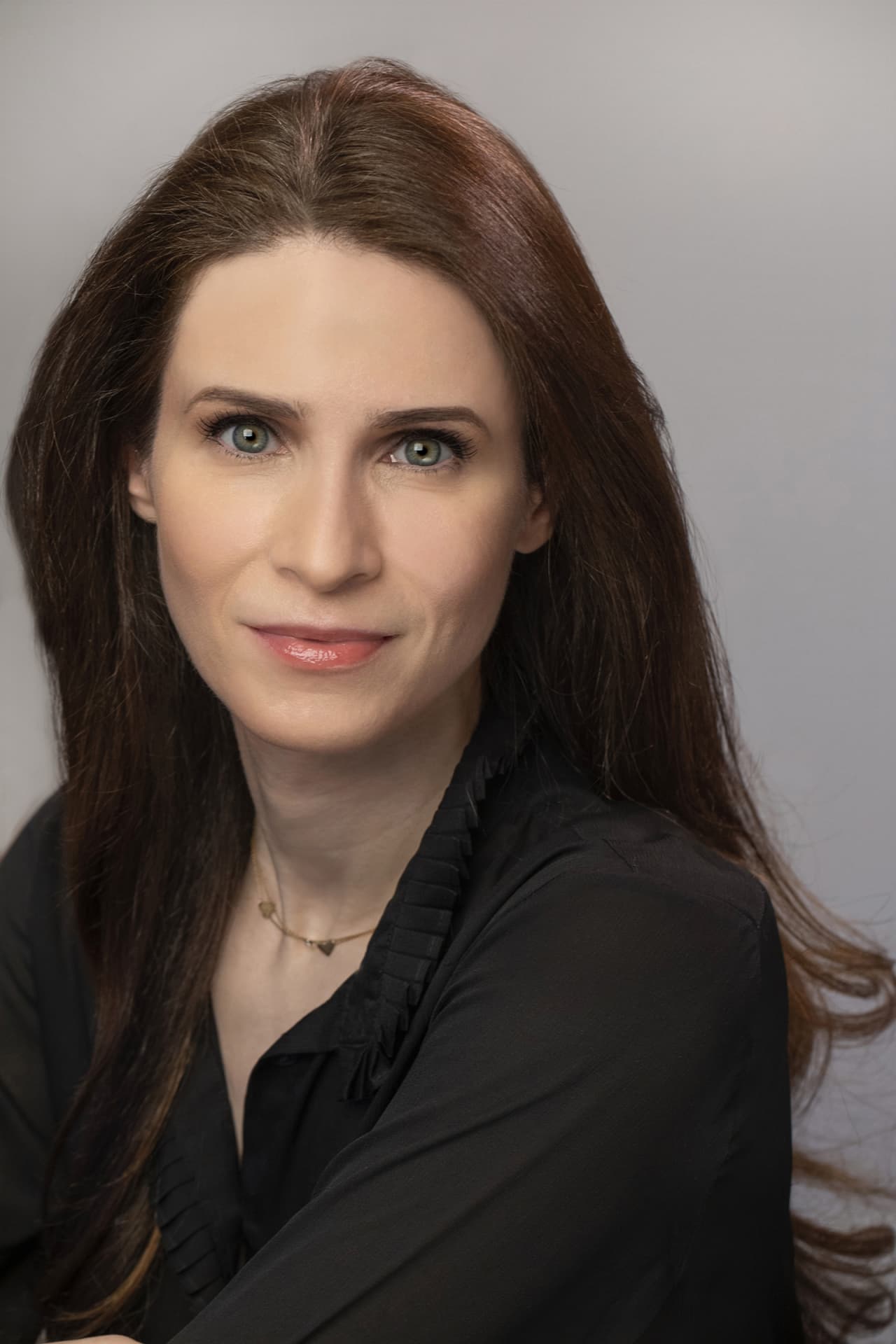When Allison Applebaum talks about being her father’s caregiver in the last years of his life, she is referring to much more than changing sheets and doling out medicine. Perhaps the most important task she took on when she was helping her father, she says, was defending his existence as a person.
“It was my responsibility to convey my dad’s personhood — to convey who he was, what mattered to him and what were his goals,” said Applebaum, a licensed clinical psychologist, from her office at New York’s Memorial Sloan Kettering Cancer Center, where she founded the hospital’s Caregivers Clinic.
Stanley Applebaum was a noted composer most famous for arranging Ben E. King’s 1961 song “Stand By Me,” which his daughter took as the title of her just-published caregiving guide and memoir. “Stand By Me: A Guide to Navigating Modern, Meaningful Caregiving” details Stanley’s multiyear battle with Lewy body dementia, a progressive disease that caused him hallucinations and other cognitive issues, until he died in 2019 at age 96.
All throughout that time, his caretaker daughter was counseling others through the cancer diagnoses of their loved ones, running back and forth between the hospital where she worked and the hospitals caring for her father. It was an arduous time, but each side of her life informed the other, and she was able to corral all of that wisdom for others in her book.
Applebaum spoke to MarketWatch about why defending her father’s humanity was so important, and how other caregivers can help their loved ones by telling their stories.
MarketWatch: When did you realize that you had to speak up for your father?
Applebaum: It became very clear for me early on that, without me by his side serving as his eyes and ears and voice, there was absolutely no way for any members of the healthcare team to know who my dad was. Whenever he was hallucinating, there was no way that he could remain connected. He was disoriented. It felt like I really needed to convince them that what they saw in front of them was not his permanent reality.
MarketWatch: It’s kind of the nature of the healthcare system that they only see patients when they are in a crisis, and not when they are at home doing better. How do you convey that?
Applebaum: When my dad wasn’t hallucinating, he retained his memories. I found myself defending his capacity to return to life. I really needed to convince them. This was one of the most challenging things my patients struggled with, too, which was to convey who their care partner is.
I often played traffic cop in interactions with doctors and nurses. I found myself asking them to talk directly to my dad, asking them to sit on the edge of the bed and not stand over him — that position really inhibits healthcare communication. I also asked them to speak to him plainly. My dad was older, so they talked to him in elderspeak, with a high-pitched voice, and that was more difficult for him to hear.
MarketWatch: In addition to just telling them about your dad, you also used some visual aids, like videos. How did you come up with that?
Applebaum: I wanted to show evidence of his baseline. Phone cameras are one of a caregiver’s best friends. I showed pictures and timestamped videos of the days leading up to each hospitalization. That way they could meet Stan, and understand what he was like just a few days before. It helped them engage with my dad. And it goes back to the caregiver’s role to convey a patient’s personhood: We can illustrate that with pictures and video.
MarketWatch: Do you think it mattered that your dad was a prominent musician in your stories about him?
Applebaum: That my dad was a well-known musician was part of his story, but that was never what I focused on. What was much more important for me to convey was his desire for life, his curiosity and the fact that he had goals for his coming days and years. Healthcare teams who were not intimately familiar with him might make assumptions about what his functioning might be and his goals for care. I found myself defending his desire for treatment, despite my dad being frail and despite his hallucinations. He was learning Tagalog from his caregivers and writing.
MarketWatch: It seems very important at times like that to really know what your loved one wants to be able to help them achieve it. Your dad wanted more time, but others may have different end-of-life wishes. How do you sort that all out?
Applebaum: This is one of the reasons why open communication between patients and caregivers is so very important. There’s no way that we can carry out our responsibilities as healthcare proxies if we actually don’t address that elephant in the room. And you have to keep having the conversations because the situation changes. My dad completed an initial set of healthcare proxy documents in 1990, then another set in 2009, and then again in 2014. Each of those documents said something a little bit different, because his goals of care and his goals for life had changed. But just these documents are not enough. It really should be part of a larger conversation that’s happening throughout an illness journey.

